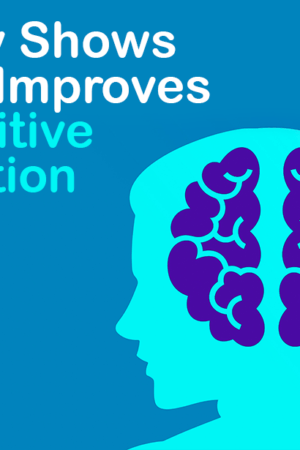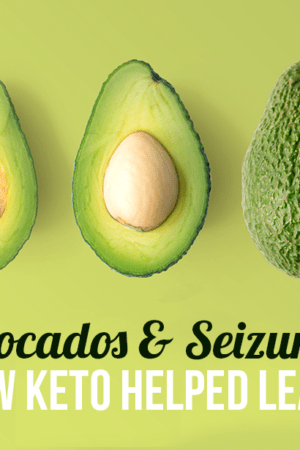When following the ketogenic diet for weight loss, the occasional slip up is bound to happen and is typically just a matter of tightening up before regaining ketosis. However, for those that follow a keto diet for epilepsy, type 2 diabetes, or other conditions that the diet is known to treat, a slip up could have dangerous, life-threatening consequences.
One of the most commonly overlooked, and unexpected, places that carbohydrates can be found could potentially undermine the medical treatment efforts of many keto dieters – medications. That is, until University of Arizona College of Medicine physician-scientist, Andrew Muth, partnered with the Phoenix Children’s Hospital to develop a database to warn of possible interactions.1
Warning Patients About Carbohydrates
Aimed at improving care for children with refractory epilepsy treated at Phoenix Children’s Hospital, Muth and other researchers compiled a database of carbohydrate-containing medications that could trigger a relapse. The ketogenic diet is a common treatment recommendation for those with refractory epilepsy, or epilepsy that is not controllable with medication.
While undergoing a ketogenic diet treatment, being unexpectedly exposed to medications that contain dextrose or other carbohydrates could cause not just one, but multiple seizures, which poses a serious threat to the wellbeing of that patient. With nearly one-third of patients diagnosed with refractory epilepsy, commonly identified in childhood, having a source for possible drug interactions on the keto diet were essential.
One Breakthrough, Hundreds of Lives
There have been studies that show a ketogenic diet or, specifically, forcing the body into a state where it produces ketones, is quite effective in reducing the instance of seizure in epileptic patients.2 Muth and Phoenix Children’s Hospital identified 72 medications on their interaction list, after examining over 2,600 medications total. These contraindicated medications were added to a clinical support tool used by physicians at Phoenix Children’s Hospital and now issue a warning before they are administered.
“With informatics, you can treat multiple patients at a time, versus just the patient in front of you,” Dr. Andrew Muth said. “You can impact an entire population of patients, plus you are able to impact and improve the workflow for clinicians.”
Breakthroughs, like the strides made by Andrew Muth and Phoenix Children’s Hospital, mark an increased awareness of the impact that diet-focused medical treatment plans have on their patients. More than just a way to lose weight, the ketogenic diet is creating new, positive outlook for patients and their families to lead healthier and happier lives.
NUTRITIONAL DISCLAIMER
The content on this website should not be taken as medical advice and you should ALWAYS consult with your doctor before starting any diet or exercise program. We provide nutritional data for our recipes as a courtesy to our readers. We use Total Keto Diet app software to calculate the nutrition and we remove fiber and sugar alcohols, like erythritol, from the total carbohydrate count to get to the net carb count, as they do not affect your blood glucose levels. You should independently calculate nutritional information on your own and not rely on our data. The website or content herein is not intended to cure, prevent, diagnose or treat any disease. This website shall not be liable for adverse reactions or any other outcome resulting from the use of recipes or recommendations on the Website or actions you take as a result. Any action you take is strictly at your own risk.
- Scottish Government: ‘Obesity Will Be One Of The Great Public Health Challenges Of Our Time’ - September 5, 2018
- Virta Health’s Use of Telemedicine to Treat Diabetics with Keto - September 3, 2018
- New MyProtein Nutrition Bar Disrupts Nutrition Standards - May 24, 2018




